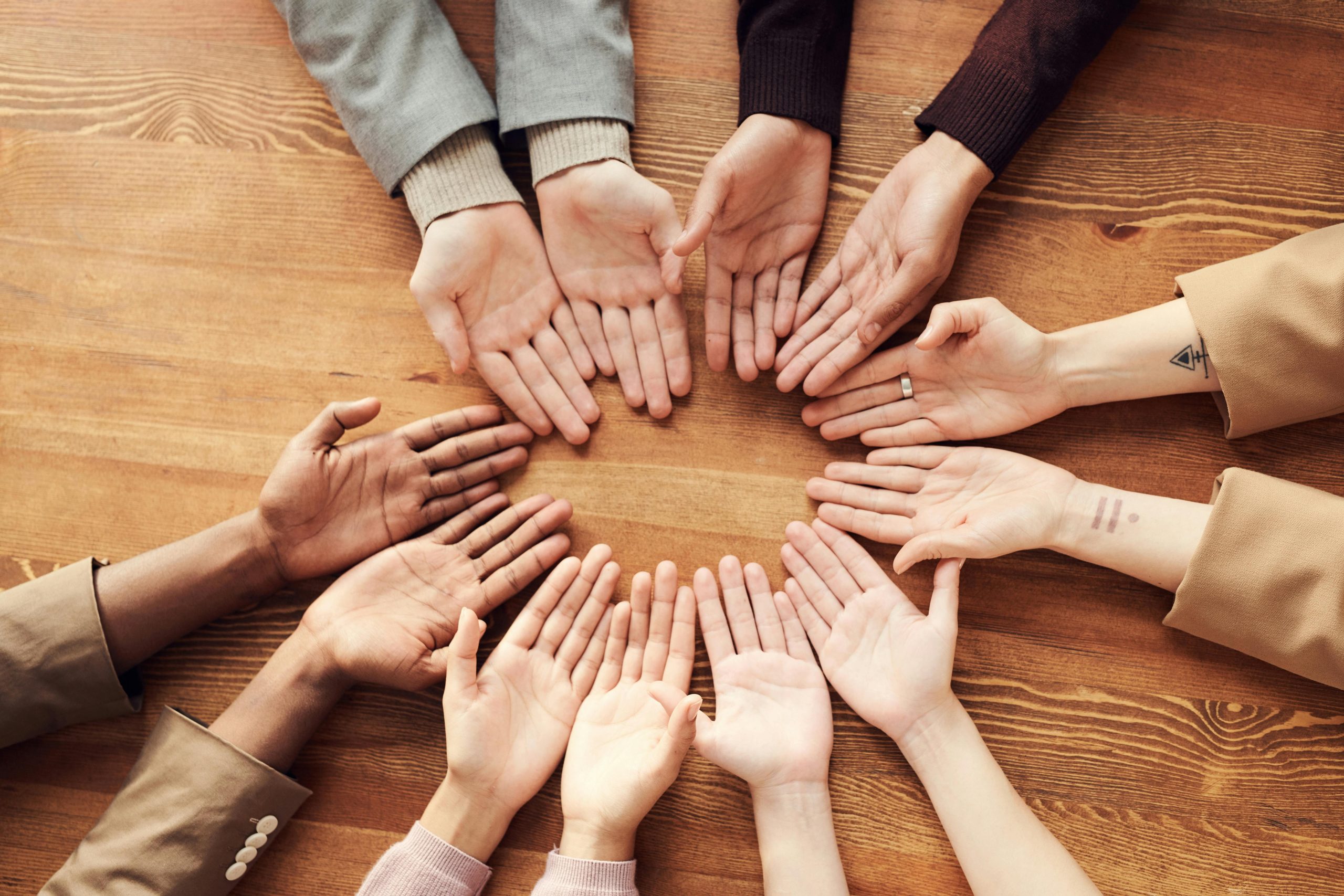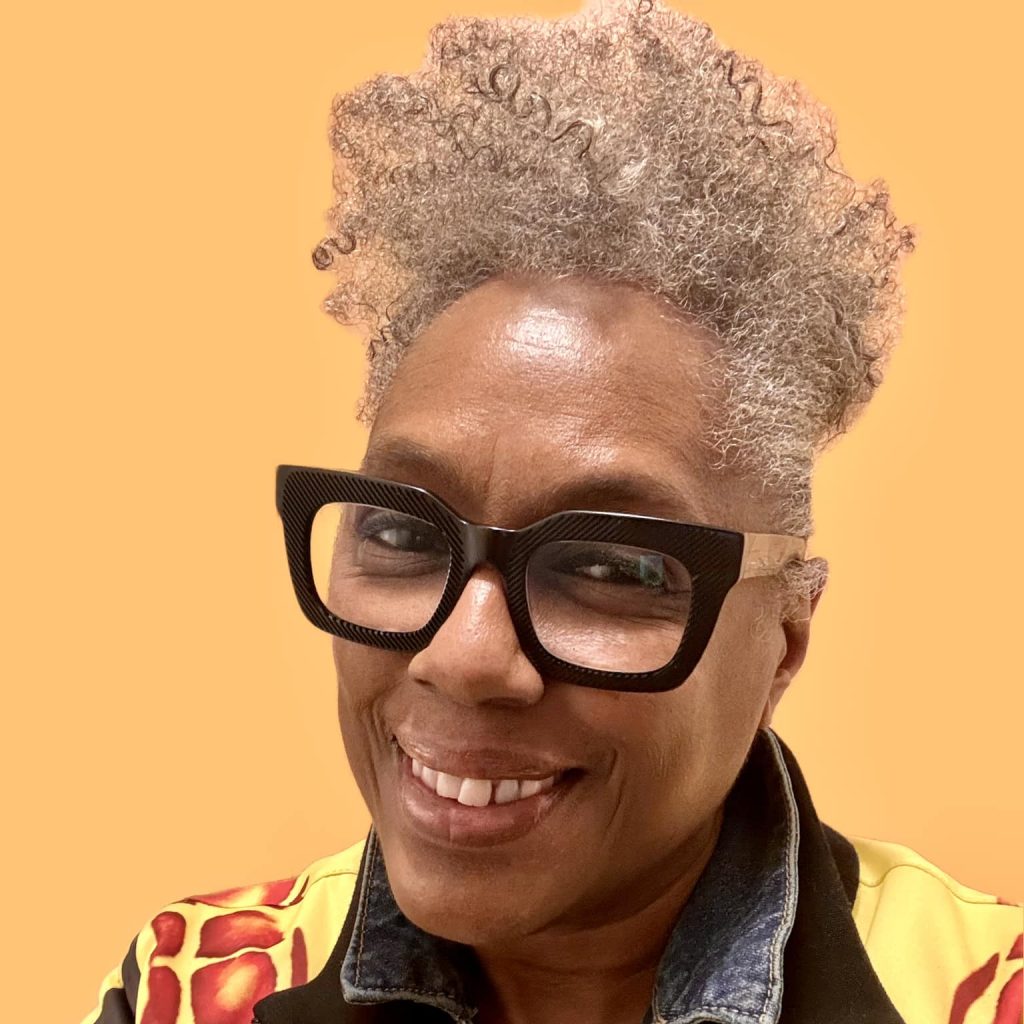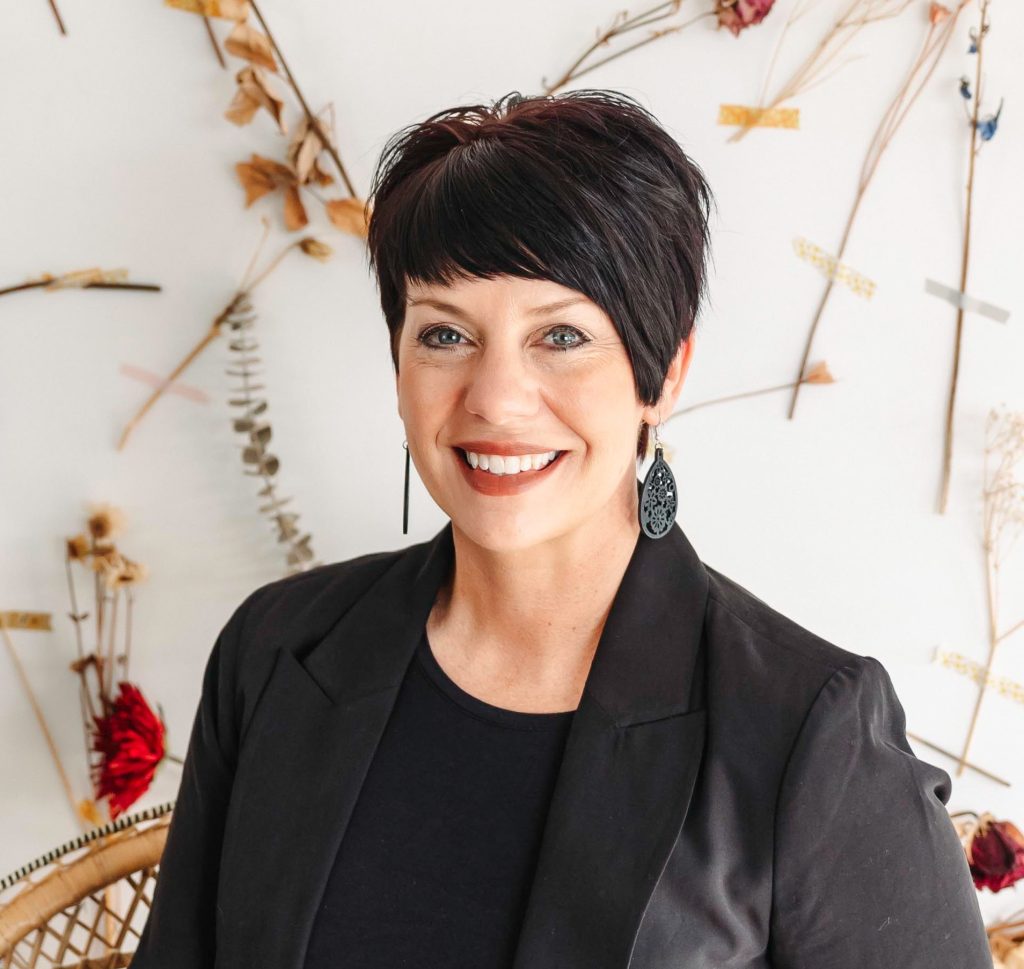
“The greatness of a community is most accurately measured by the compassionate actions of its members.”
~ Coretta Scott King
With news and headlines flooding our screens, we must be intentional about where we focus our energy. While we can’t control every situation, we can decide how and when we engage—and define the purpose driving our actions.
Want a hint at identifying your purpose? Listen to your compassion.
Compassion sits at the intersection of empathy and responsiveness: two tenets of AmazeWorks anti-bias education. It stirs us to recognize the struggles of others and motivates us to take action.
This newsletter offers tools and resources to help you channel your compassion into meaningful action, with the power to enhance our collective well-being. As you explore these resources, consider:
We’d love to hear your reflections—just reply to this email. Together, we can strengthen compassion through shared intention and action.

written by Rebecca Slaby
I am an immigrant. However, as a Korean adoptee who was born in Seoul, South Korea and came to the US when I was five months old, it has taken me a long time to understand and claim being an immigrant as an identity. I grew up without any Korean cultural influences in my White family and have no meaningful connections to any Korean immigrant community in Minnesota or elsewhere. I have always felt like an outsider in Korean (and Asian) American spaces in part because I lack shared experience with other Koreans (and Asians) about growing up with a familial or community story of recent or generational immigration.
The new presidential administration has stated its intentions around immigration, including mass deportations of undocumented and certain legal immigrants, ending birthright citizenship for children born in the US to undocumented immigrants, border and travel bans for certain groups of people, and the defunding of sanctuary cities. For so many of us, these are very, very real and terrifying threats to our existence.
How do we protect each other, regardless of our documentation status, country of origin, English speaking ability, or our immigration story?

For early childhood learners, Persona Dolls are invaluable tools to help children process emotions and solve problems, even during life’s most challenging moments.
With the rise in natural disasters like floods and wildfires, educators need resources to guide sensitive, impactful conversations with children. That’s why we’ve created four Persona Doll story templates to address these tough topics with empathy and responsiveness:
These stories empower children to navigate fear and uncertainty while building emotional resilience. What conversations have you had with the children in your life about the impact of natural disasters?
Discrimination is the unfair treatment of a person or group based on an identity or attribute such as race, gender, age, ability or sexual orientation.
There’s a lot of talk right now about the myth that DEI (Diversity, Equity, and Inclusion) initiatives are actually reverse discrimination.
DEI initiatives, when done well, try to remove discrimination from an organization’s practices in hiring, training, managing, assessing performance, and more. Individuals aspire to be objective in their decisions, but the reality is we all have preferences and biases whether we’re aware of them or not.
AmazeWorks is starting 2025 with four new board members! 🥳
Scroll to meet our new team members and read their responses to the following questions:

I was inspired to join the AmazeWorks board because of the strong alignment between your mission and my work promoting equity and justice at the Headwaters Foundation for Justice. My passion for inclusive children’s literature as a picture book author further motivated me to contribute.
And to me, belonging means feeling whole, valued, and empowered in all spaces.
As someone who is deeply passionate about fostering meaningful learning opportunities for students, I am drawn to organizations that make belonging and inclusion their core focus. AmazeWorks’ vision aligns with my values of creating spaces where every individual feels seen, heard, and valued. This is a chance to contribute my experience in curriculum design and equity-focused education to amplify their impact and ensure that all students thrive.

To me, belonging is about creating environments where every individual feels safe, valued, and respected for who they are. It means more than just being included; it is about fostering a deep sense of connection and acceptance, where voices from diverse backgrounds are not only heard but celebrated. Belonging is the foundation for authentic relationships, collaboration, and growth. In the context of education, belonging ensures that every student has the opportunity to engage, learn, and succeed in a way that honors their unique identity and lived experiences.

I recently made a career change and wanted to find a way to keep supporting DEIB initiatives from my previous role while also making an impact in my community. I felt that joining the board of AmazeWorks would be a perfect opportunity to connect with others and further my passion for fostering belonging and inclusion.
For me, belonging is about the connections people share within a group or community. The stronger those connections, the more individuals experience a sense of well-being and safety. It also empowers everyone to develop a deeper sense of purpose within that group or community.